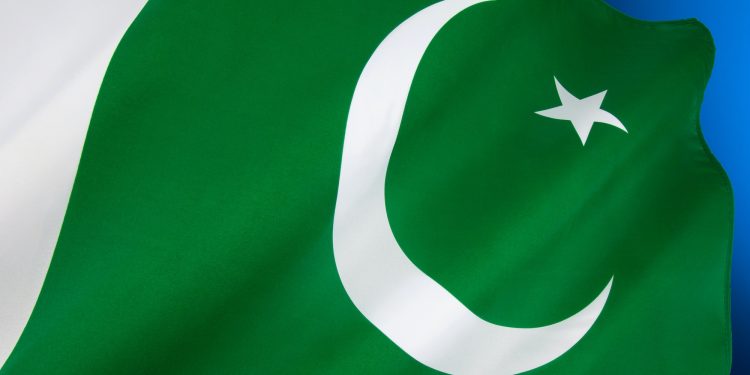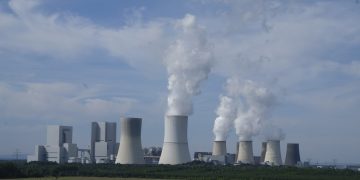At a time when the nation’s economy is already teetering on the brink of default, the arrest of Imran Khan has sharply polarised the country and pushed it closer toward civil conflict
Widespread and violent protests have broken out across Pakistan after the arrest of former Prime Minister Imran Khan on Tuesday on corruption charges. At a time when the nation’s economy is already teetering on the brink of default, the arrest has sharply polarised the country and pushed it closer towards civil conflict, dampening hopes of any sort of political solution to the economic crisis.
The arrest is the latest in a months-long political rollercoaster within the country, which has seen Imran Khan first deposed as PM in a parliamentary no-confidence motion, the banning of his speeches on national media as ‘terrorism’ after he criticised the deep state, an assassination attempt on Imran Khan, raids on his Lahore residence, and the filing of more than a hundred criminal charges against him, ranging from corruption and terrorism to blasphemy – a capital offense in the Islamic Republic.
According to Adam Weinstein, a researcher at Washington’s Quincy Institute, “The arrest of Imran Khan takes an already escalating political firestorm & douses it with petrol as the nation inches off an economic cliff.”
The country was already struggling with an economic crisis.
Pakistan has already been struggling with a pervasive economic crisis for the past few months, and the instability engendered by the arrest and subsequent protests are unlikely to help matters. The country is running dangerously low on foreign exchange to buy food and medicines, and surging unemployment and inflation has seen the living standards in the country drop precipitously. Videos of crowds trampled in stampedes over food aid have become heartbreakingly common, while at the same time, the country’s elite import luxury cars and go on international vacations at a prodigious rate.
This is perceived to be the first time in decades that the supremacy of the military over the state’s politics has been openly challenged, and while the military has been criticised for its extractive policies, economic mismanagement, and suppression of democracy, there are also fears that any uprising against the most stable institution in the country will send Pakistan spiralling into chaos or even civil war.
As the slowing global economy limits remittances from the large and wealthy diaspora and Pakistan’s arch-rival India surges ahead, the country risks becoming a regional backwater. While various economic revival plans have been suggested, they are all predicated on some sort of political rapprochement within the country, a prospect that now looks increasingly distant.
The Road Ahead
While a Pakistani court has ruled the arrest as legal, members of Imran Khan’s party, the PTI (Pakistan Tehreek-e-Insaf), have risen in violent protests at what they perceive as a dictatorial move by the dominant military-landowning class. Riots in cities across the country have broken out, with vehicles and buildings being set on fire and the residences of military brass being vandalised. The state has responded with water cannons, tear gas, and internet shutdowns, killing at least one protester.
Meanwhile, both the United States and the United Kingdom have issued statements calling for adherence to the rule of law, the Constitution, and peaceful democracy. In the past, Imran Khan has alleged several times that the American government, especially the CIA, had a major role in deposing him, as they wanted a ‘puppet government that would serve their interests’, claims that the USA has strongly denied. Both the USA and UK have large and influential Pakistani diasporas, which influence relations with the country.
While Mr. Khan has repeatedly called for early elections to resolve the question of legitimacy, the current administration under PM Shehbaz Sharif seems reluctant to oblige him in a backdrop of widespread support for the PTI and increasingly violent protests by its members. It is imperative for the fifth most populous nation on Earth to quickly find a way to bridge political divides and draft an economic recovery plan before a humanitarian crisis of unimaginable proportions breaks out.













